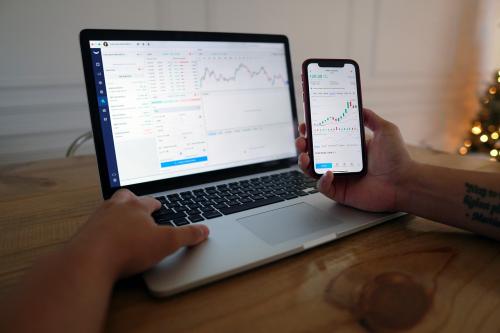Was the degree to which support for environmental proposals rose this proxy season a surprise?
What I’m hearing from the [Ceres Investor Network] is that the climate crisis, as indicated by all of the scientific research, is now a major focus for investors, so it wasn’t a surprise to see they were going to start addressing this in a more robust way, especially with the heaviest-emitting companies.
I think we’d been on that trend for a while but the Intergovernmental Panel on Climate Change report and the International Energy Agency scenarios suggest we’ve got to accelerate. Investors are dealing with [climate] as a real threat to their portfolios. Maybe another shift is that I’m hearing investors say, This is systemic. You can’t address it one company at a time. We can’t divest away from it. We’ve got to deal with it across the portfolio.
What else are you hearing from the Ceres Investor Network right now?
The sense I’m getting about the 2022 proxy season is that we’re going to see more of the same. Investors are encouraged by the outcomes. What I’m hearing is that companies in advance of the 2022 season are making more commitments, they’re being more transparent about their plans and investors feel they’re getting more of what they need to address risk in their portfolios. I’m also hearing that the work companies did on climate in the last proxy season is translating into more focused action on the challenges with water, natural resources and human rights. It’s not just one issue – it is cutting across a range of ESG risks.
Are those actions by companies leading to more proposals being withdrawn?
Investors work in two ways. Some say, We file first, and that instigates a dialogue. Then we can decide whether to go forward with the proposal depending on how the dialogue is going. Other investors say, We prefer to talk first and file only when the dialogue isn’t going well.
In either case – and it depends on the type and size of a particular investor – what we’re seeing is more investors coming together around priorities such as Climate Action 100+. There isn’t as much fragmentation in the market as there used to be – and that leads to more corporate action.
This is an excerpt from the full interview with Rev Kirsten Snow Spalding. It features in a new special report, ‘A Climate of Change: How investors challenged companies on sustainability in the 2021 proxy season,’ which you can download here.









